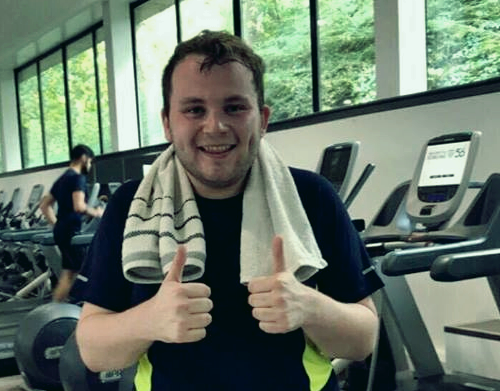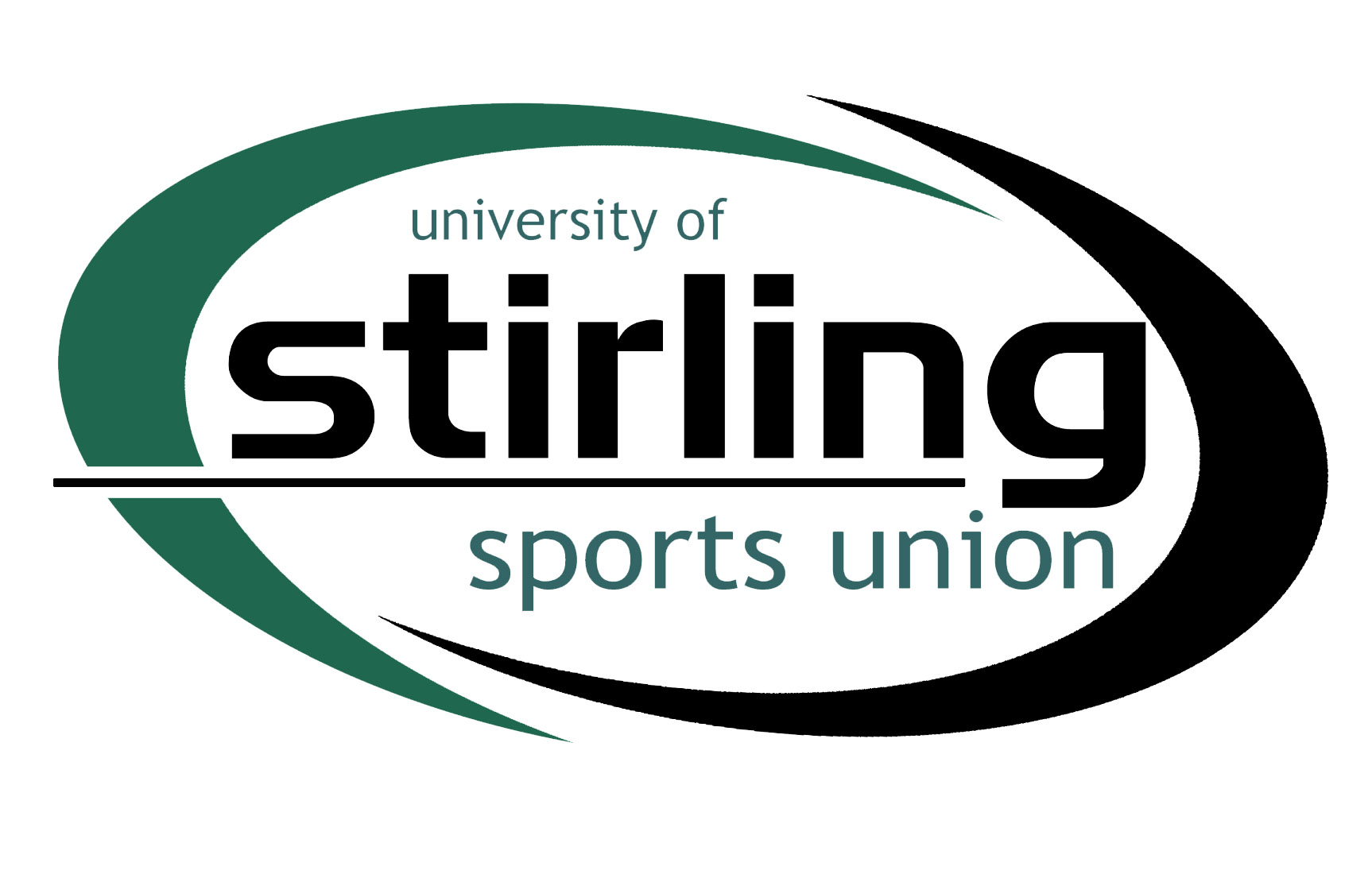Not good enough for the gym? No worries, me too.
‘Shape your body’, ‘Live fit’ and even ‘Tired of being fat and ugly?’ These are actual examples of fitness advertising. By reading it, you probably feel a bit sorry for yourself and enrol in a lifetime gym membership. Pop-culture considers a six-pack the only socially acceptable body form. But what if I don’t have one?

My body mass index is about 24; ‘ideal’, as stated in BMI’s charts. Though according to unwritten rules it’s a fail. I exercise fiercely 3-4 times a week, I don’t eat junk food, I’m not a couch potato, but I’m still not good enough. Even Nike, the sports manufacturer that reassured me I’m an athlete*, fills its advertising with all-fit heroes. And it’s not only me.
When Lindsay King-Miller, the author of MsFit Blog, faced the same problem she decided to exercise at home, as gym sessions were more about ‘validating herself in the eyes of others’, rather than real workouts. Indeed, challenging normality might be painful. However, is that a reason to work out behind closed doors?
Maria Troitskaya, editor-in-chief of Women’s Health Russia, argued that pop-culture isn’t ready for new heroes. The UK version of the magazine has put a plus-size model on the cover only once. Not to mention the fact that fashion industry considers plus-size to be everyone larger than a UK 14 size.
Interestingly, from the perspective of gym trainers – the gatekeepers of the fitness world – this situation has a solution. Catherine Kerr, the senior fitness officer in Stirling University’s sports centre, admitted that she doesn’t expect every person entering the gym to want to replicate a typical trainers’ chiselled physique. After all, physical excellent isn’t the only benefit of exercise; mental wellbeing is another huge advantage to working out regularly. It’s true that pop culture and advertising are telling a different story, but Mrs Kerr emphasises that the Uni gym’s outlook is entirely inclusive of people of all shapes and sizes, and gym goals.
Advertising is a powerful tool, although TV commercial characters are changing. The family portrait nowadays doesn’t mean a Caucasian group of people with prescribed gender roles. So it’s very likely that soon athletes’ representation could be different and we will adopt a new creative concept “Stirling makes me strong. Inside.”
But until then hiding somewhere is not an option. The more you’re out, the more it’s normal. So I’ll see you in the gym, and don’t forget to tell your own success story with the hashtag #StirMakesMeStrong.




Recent Comments